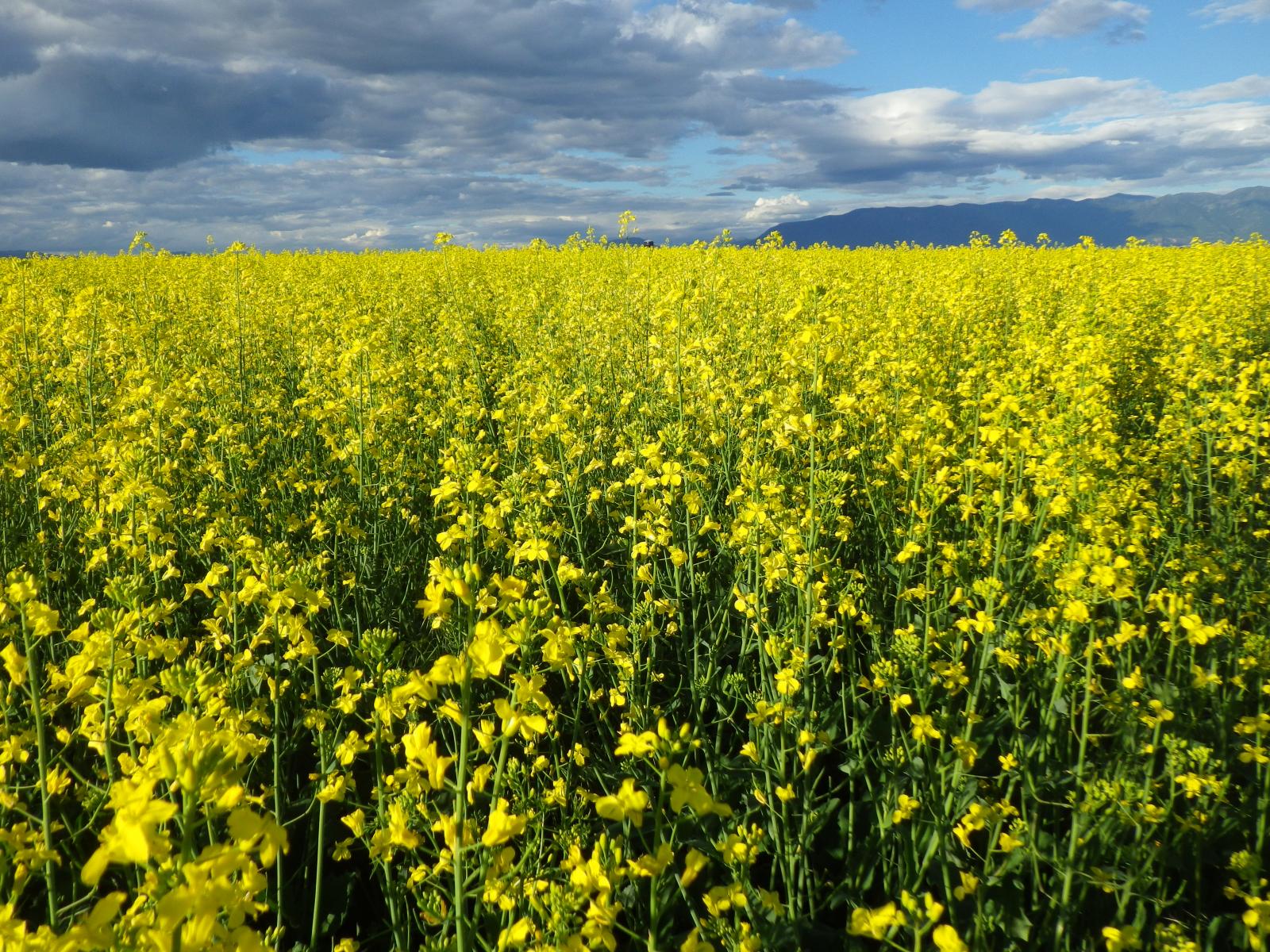 Climate change could affect occurrences of diseases like bird-flu and Ebola, with environmental factors playing a larger role than previously understood in animal-to-human disease transfer.
Climate change could affect occurrences of diseases like bird-flu and Ebola, with environmental factors playing a larger role than previously understood in animal-to-human disease transfer.Foodfarmnewstv
FADAMA 111 PROJECT ADDITIONAL FINANCING
Bestchange
Search This Blog
Labels
- News (462)
- Images speak (42)
- Press Release (40)
- livestock (31)
- FACAN (29)
- Editorial (25)
- GM (20)
- Seed (20)
- Biotechnology (19)
- wheat (16)
- Research (15)
- Cassava (14)
- AFAN (13)
- Special Report (13)
- Global news (12)
- Rice (11)
- Image Speaks (9)
- Maize (9)
- Soil (9)
- Yam (8)
- Bt cowpea (7)
- Coconut (7)
- Fertilizer (7)
- Cocoa (6)
- Disease (6)
- Ginger (6)
- Potato (6)
- World Soil Day (6)
- Animals (5)
- Apple (5)
- Oil Palm (5)
- Tomatoe (5)
- new (5)
- Cashew (4)
- Climate change (4)
- Fish (4)
- NCARD (4)
- Organic agric (4)
- World Food Day (4)
- Interview (3)
- National Council meeting on Agriculture. (3)
- Plant & genes (3)
- Plant genes (3)
- Project (3)
- Sesame (3)
- Shea butter (3)
- AI Research on Agriculture (2)
- Achia (2)
- African Cherry (2)
- Communique (2)
- Cotton (2)
- Extension services (2)
- Gene editing (2)
- HAPPY NEW YEAR (2)
- Horticulture (2)
- Insurance (2)
- Kenaf (2)
- Opinion (2)
- Sorghum (2)
- Sunflower (2)
- Tomato (2)
- Turmeric (2)
- bt cotton (2)
- seasons greetings (2)
- Artemesia (1)
- Biodiversity (1)
- Birds (1)
- Carrot (1)
- Discovery (1)
- Donkey (1)
- Facts sheets (1)
- Flash Flood (1)
- GES (1)
- GMO Rice (1)
- Garlic (1)
- Genetic (1)
- Groundnut (1)
- Jute bag (1)
- Locust bean (1)
- MERRY XMAS (1)
- Machinery (1)
- Mango (1)
- Milk (1)
- Okra (1)
- Post-harvest losses/ Food Waste (1)
- Presentation (1)
- Seaweed (1)
- Senate (1)
- Soybean (1)
- Tumeria (1)
- Walnut (1)
- flood (1)
- fruits (1)
- millet (1)
- water (1)
Total Pageviews
SPONSORED

Nigerian Institute of Soil Science- NISS
Translate Food Farm News to Hausa, Igbo, Yoruba and over 100 Languages
Latest News
Monday, 24 June 2019
Changing climate may affect animal-to-human disease transfer
 Climate change could affect occurrences of diseases like bird-flu and Ebola, with environmental factors playing a larger role than previously understood in animal-to-human disease transfer.
Climate change could affect occurrences of diseases like bird-flu and Ebola, with environmental factors playing a larger role than previously understood in animal-to-human disease transfer.Sunday, 23 June 2019
Gene-editing technology may produce resistant virus in cassava plant
 The use of gene-editing technology to create virus-resistant cassava plants could have serious negative ramifications, according to new research by plant biologists at the University of Alberta, the University of Liege in Belgium, and the Swiss Federal Institute of Technology.
The use of gene-editing technology to create virus-resistant cassava plants could have serious negative ramifications, according to new research by plant biologists at the University of Alberta, the University of Liege in Belgium, and the Swiss Federal Institute of Technology. Saturday, 22 June 2019
Microscopic life in the saline soil of the Marismas del Odiel Natural Park
A University of Seville research group, led by the professor Antonio Ventosa, has, for the first time, studied and described the microbiome of saline soil in the Marismas del Odiel Natural Park. This research opens new perspectives in microbiome study of this type of environment, which can produce data on, among other aspects, possible climate alterations and other environmental factors in microbial populations.
Friday, 21 June 2019
What the wheat genome tells us about wars
 |
| Wheat is a globally cultivated plant. It originated about 10000 years ago in the so-called fertile crescent, today's Anatolia and north Iraq, and has since then started its successful march around the world. The illustration shows the distribution routes of wheat based on its genetic similarity patterns. Little surprising is the proximity to human migration routes during this period. |
FG appoints Balarabe as new Fadama 111 AF NPC
Thursday, 20 June 2019
The winter weather window that is costing rapeseed growers millions
 UK rapeseed growers are losing up to a quarter of their crop yield each year because of temperature rises during an early-winter weather window.
UK rapeseed growers are losing up to a quarter of their crop yield each year because of temperature rises during an early-winter weather window.Wednesday, 19 June 2019
Editorial -Population control as a means of ensuring food security

There is a
need to control the Nigerian population (which is growing in geometrical
proportion) most especially for the purpose of ensuring food security now and
in the future.
How absentee farmers killed Agric Bank--Findings
* FG begins recapitalization

Investigations
have revealed that the government had to recapitalize the Bank of Agriculture
(BOA) because non-farmers posing as farmers in connivance with the officials of
the bank defrauded the organisation by presenting fake identity cards, unregistered
Subscriber Identity Module (SIM) cards and other documents which enabled them
to escape repayment of loans collected from the bank.
IAR cropping/REFIL: stakeholders want integration of research, extension into agribusiness

Stakeholders
have advocated integration of research innovations, with efficient transfer of
improved technologies, to farmers as a way to attaining acceptable global
acceptability through best agricultural practices that would guaranty standard
and markets with no rejection.
The secrets of secretion: Isolating eucalyptus genes for oils, biofuel
Subscribe to:
Posts (Atom)





